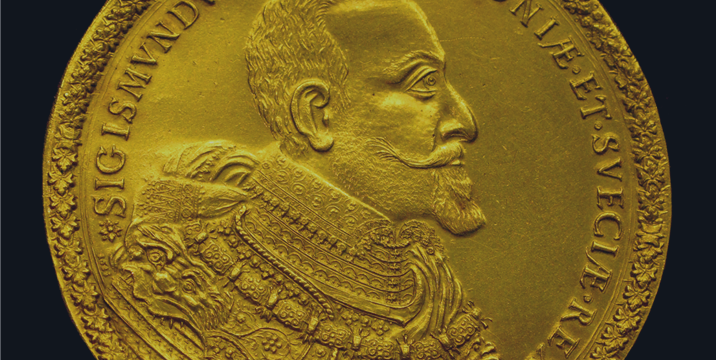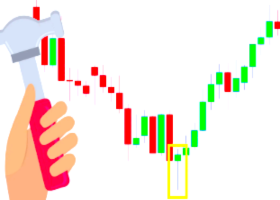
Safe-haven investments to replace gold, Swiss franc and US Treasury bonds
As Greece's debt crisis is flourishing, the future of the euro zone is blurred and Ukranian conflict is escalating, analysts are worried that the global economy is now approaching another deep crisis.
In a crisis, you parked your cash in the Swiss franc, or in U.S. Treasury bonds, or in gold. The trouble is, however, that none of those safe-havens are as “safe” as they used to be.
The best example of a safe-haven has been the Swiss franc, preferably held in one of Geneva or Zurich’s discreet
private banks. It was a reliable store of value
through two world wars and a few episodes of hyperinflation.
Gold and T-bills were almost as good, says MarketWatch analyst.
The Swiss are now punishing anyone holding their currency with negative interest rates that mean it actually costs you money to keep cash in the bank. Fierce tax enforcement means it is now virtually impossible to have a Swiss bank account. So tough has the regulatory climate become that simply opening an account, never mind putting any money into it, looks suspicious.
Gold is now in a bear market.
Treasury bills yield so little, and the Federal Reserve is eager to buy
them itself, they no longer looks as safe as it once did. For a time,
bitcoin looked like emerging as an alternative safe haven for anyone
nervous of paper money. But has proved so volatile, it can hardly be
regarded as reliable even during good times, never mind a crisis.
Instead, MarketWatch suggests to have a look at the Polish zloty, the Israeli shekel the Singaporean dollar, agricultural land, and big bundles of banknotes stashed away in a secure place.
They had proved over decades, they would
maintain their value regardless of what chaos might engulf the world.
The Polish zloty
With low government debt, and a constitutional limit on borrowing, combined with a large population and robust growth, the Polish currency is probably the safest major currency in Europe right now and arguably in the world. It is notionally committed to joining the euro at some stage, but the Poles are not ready for the step yet.
Over time, its inherent qualities are likely to be more and more widely recognized, and the zloty will become a lot more sought after by global investors, so it may even appreciate in value. But even if that does not happen, it will certainly hold its value.
The Israeli shekel, and the Singaporean dollar
Similar to the Swiss, the Israelis have had to intervene in the market to lower the currency — a sign that fundamentals are driving it higher. Interest rates are not high, but at 0.25%, at least they are still positive. Over the years, the shekel has always been undermined by the threat of war, but if Israel was ever going to be wiped off the map, it would have surely happened by now.
Let us have a look at Singapore now. With low debts and a hard-working
population, there can be few safer homes for your cash, as its growing
success as a private banking center shows.
Agricultural land
According to estate agents Knight Frank, land in the UK has gone up in
value by 300% since 2003, more than houses in
Kensington, the same as gold, and far more than houses or
equities. The same is true in many other parts of the world.
Quality
farming land is not a liquid market, and it requires a certain amount of
maintenance, but with a growing global population it is always going to
hold its value.


